RFalvo69
Posts: 1380
Joined: 7/11/2013
From: Lamezia Terme (Italy)
Status: offline

|
quote:
ORIGINAL: Curtis Lemay
quote:
ORIGINAL: RFalvo69
However, few wargames have fog of war on your forces (another one that comes to mind is Harpoon 3/ANW).
In case you missed it, I'll repeat: reorganization (especially random reorganization as from shock) fogs which friendly units the player can expect to control in future turns.
You don't read the whole post before answering it, do you? 😂
quote:
First, not all of them. Second, "total control" doesn't exclude the fact that, every then and now, some units are in need of reorganization. This is a fact of war and it would be unrealistic not to include it. You still have total control on the reaction to such an event, in a way that real military commander seldom have.
Reorganization from shock, especially, models C&C issues. Clearly, this is not "Total Control".
"C&C issues" go from lack of communication/loss of relative position to a definite status of the units involved. Knowing current discipline, preparation and morale, OOB and current status, exact position relative both to the map and to other units, and the exact status of these allied units is not "C&C Issues": it is a hopefully temporary unavailability. Lack of total control means that you haven't a clue about what the units near the ones "under shock" are doing: are they engaged too? did the local commander decide to deviate from the plan and move to assist? is "shock" not a shock at all but a temporary loss of communication from an otherwise fine unit who is following the plan - compounded by panicked reports from your staff? These are the real C&C issues that prematurely age the commanders at any level.
quote:
quote:
This applies to WitP:AE without doubt. However, you just made the video's point: seldom rear area units and many other factors are portrayed - because, at the end, the aim of any commercial wargame is to have fun while getting a reasonably good understanding of how a war was fought and why.
That wasn't the point as I understood it. He wasn't saying SOME wargames fail to do such and such. He was claiming they all fail on such and such. WitP-AE is an exception that counters his claim.
WitP:AE, if anything, is the game that proves a lot of this video claims - unless you are telling me that Nimitz was micromanaging TFs' operations in the Coral Sea, down to search arcs, from Pearl Harbor, with the exact coordinates for every ship, air unit and land unit in the whole PTO.
BTW, the video never says that the mentioned issues are found in every wargame. It simply says that wargame must be fun - and too many of those elements seldom make for a fun experience (a lot of operational games, for example, allow you to move units left and right just like that, ignoring the fact that the bigger the unit, the more difficult executing a pivoting maneuver is for it).
quote:
First of all, historical commanders did wargame their operations - giving them some idea of what should concern them. Second, a really complex, detailed wargame is very difficult to exhaustively test to absolute certainty about more than just some generalizations.
Exactly. Which is what instead what computer and tabletop wargamers are allowed to do.
< Message edited by RFalvo69 -- 10/17/2021 11:10:36 PM >
_____________________________
"Yes darling, I served in the Navy for eight years. I was a cook..."
"Oh dad... so you were a God-damned cook?"
(My 10 years old daughter after watching "The Hunt for Red October")
|
 Printable Version
Printable Version
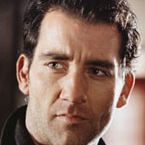









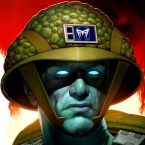
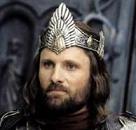
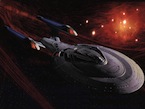
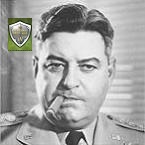
 New Messages
New Messages No New Messages
No New Messages Hot Topic w/ New Messages
Hot Topic w/ New Messages Hot Topic w/o New Messages
Hot Topic w/o New Messages Locked w/ New Messages
Locked w/ New Messages Locked w/o New Messages
Locked w/o New Messages Post New Thread
Post New Thread